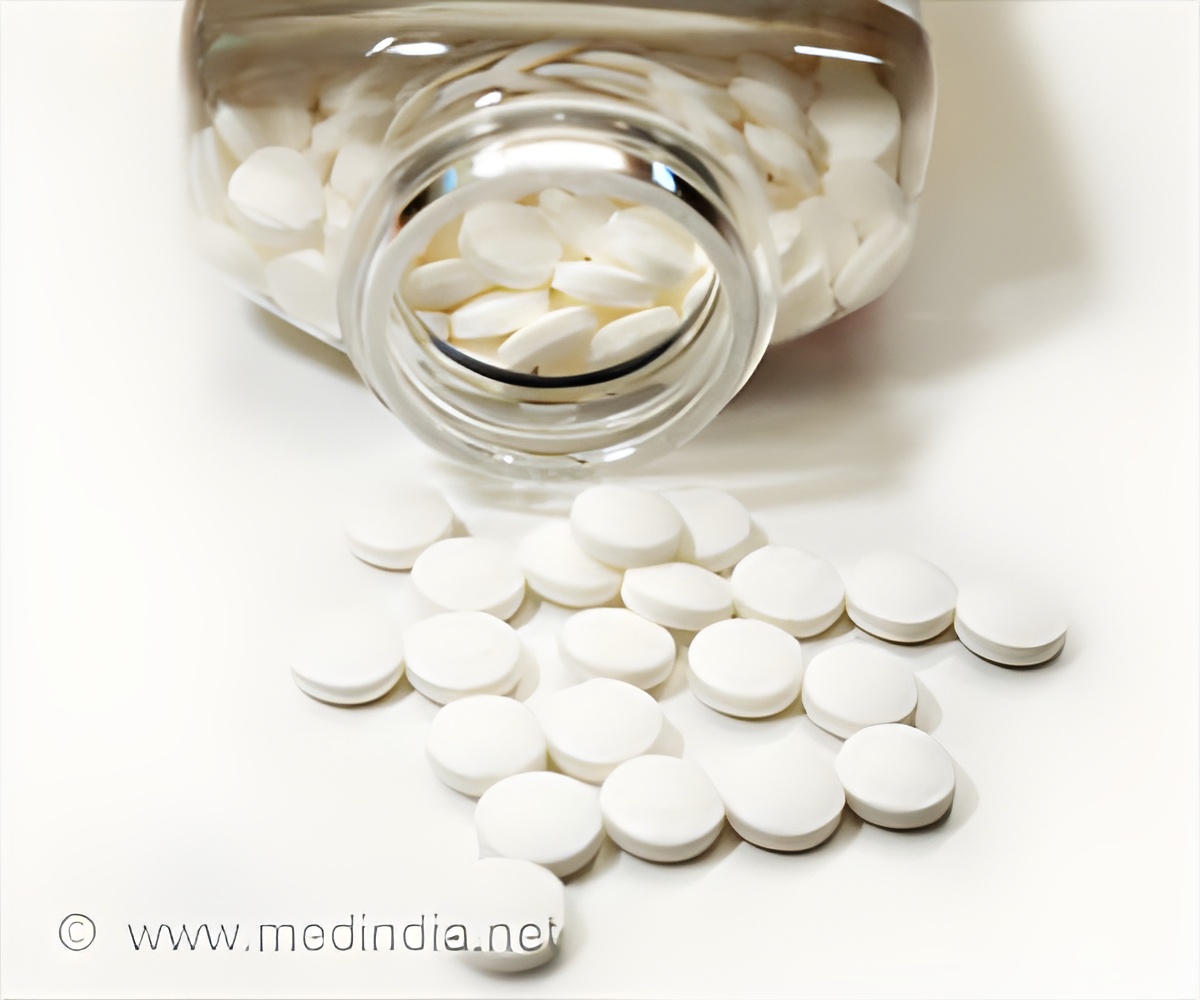Bleeding risk reduced in acute coronary syndrome patients when switched to aspirin/clopidogrel following treatment with new P2Y12 inhibitors like prasugrel.

‘Switching to aspirin/clopidogrel following treatment with new P2Y12 inhibitors such as prasugrel or ticagrelor in Acute Coronary Syndrome patients reduces bleeding risk.’





Newer P2Y12 inhibitors such as prasugrel or ticagrelor in combination with aspirin have become the first-line initial DAPT following an ACS and this has been extended, by default, to one year. Previous studies have shown that this DAPT regimen achieves a greater reduction in ischemia in the first 30 days but this is followed by a significant increase in bleeding risk during longer-term maintenance treatment.The TOPIC (Timing of Platelet Inhibition after acute Coronary syndrome) study investigated whether giving one-month initial treatment with a newer P2Y12 inhibitor plus aspirin after a PCI for ACS and then switching to maintenance DAPT with aspirin plus clopidogrel could reduce bleeding risk without any ischemic adverse effects.
TOPIC recruited 646 ACS patients undergoing PCI who were treated with a new P2Y12 inhibitor plus aspirin for one month before being randomized to continue with this dual antiplatelet therapy or switch to aspirin (75 mg) plus clopidogrel (75 mg).
The combined primary endpoint of death, urgent revascularization, stroke and bleeding (with a Bleeding Academic Research Consortium [BARC] classification ≥ 2) was 52% lower at one year in patients switched to aspirin plus clopidogrel compared to those continuing on a new P2Y12 inhibitor plus aspirin (13.4% with switched DAPT vs. 26.3% with unchanged DAPT, hazard ratio [HR] 0.48, 95% confidence interval [CI]: 0.34-0.68, p<0.01).
There was no difference in ischemic events between the two dual antiplatelet regimens (9.3% of patients on switched DAPT had an ischemic event vs. 11.5% of patients on unchanged DAPT, HR 0.80, 95% CI: 0.50-1.29, p=0.36). However, the rate of bleeding (BARC ≥2) was 70% lower in patients who switched DAPT compared to those on unchanged DAPT (4.0% vs. 14.9% at one year, HR 0.30, 95% CI: 0.18-0.50, p<0.01).
Advertisement
"This strategy could be proposed in ACS patients," he suggested, adding, "We think that this trial could change practice." However, he noted that many physicians already use switched DAPT so the likely impact would be to increase the number of patients treated this way. He cautioned, "The remaining question will be to assess which patients can be switched at one month and which patients should continue with 'stronger DAPT'."
Advertisement
However, he cautioned that the trial was "underpowered to evaluate clinically important ischaemic events that, unexpectedly, were fewer with the switching strategy," and was limited by its single-centre, open-label design.
He concluded, "This precludes any meaningful interpretation for clinical practice. Several major pivotal trials have shown a continuous benefit of longer-term therapy with potent and predictable platelet inhibition. Thus the TOPIC study should not change clinical practice."
Source-Eurekalert













